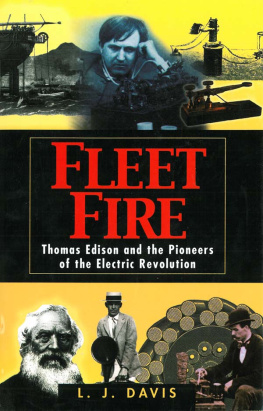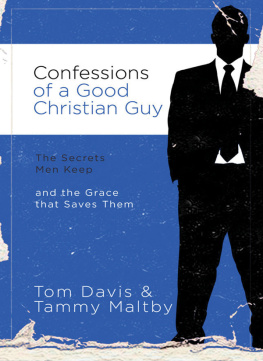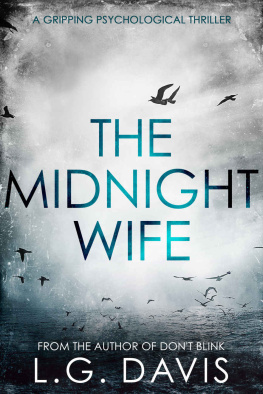Thomas Osborne Davis - Thomas Davis, Selections from his Prose and Poetry
Here you can read online Thomas Osborne Davis - Thomas Davis, Selections from his Prose and Poetry full text of the book (entire story) in english for free. Download pdf and epub, get meaning, cover and reviews about this ebook. year: 2018, publisher: CreateSpace Independent Publishing Platform, genre: Romance novel. Description of the work, (preface) as well as reviews are available. Best literature library LitArk.com created for fans of good reading and offers a wide selection of genres:
Romance novel
Science fiction
Adventure
Detective
Science
History
Home and family
Prose
Art
Politics
Computer
Non-fiction
Religion
Business
Children
Humor
Choose a favorite category and find really read worthwhile books. Enjoy immersion in the world of imagination, feel the emotions of the characters or learn something new for yourself, make an fascinating discovery.

- Book:Thomas Davis, Selections from his Prose and Poetry
- Author:
- Publisher:CreateSpace Independent Publishing Platform
- Genre:
- Year:2018
- Rating:4 / 5
- Favourites:Add to favourites
- Your mark:
- 80
- 1
- 2
- 3
- 4
- 5
Thomas Davis, Selections from his Prose and Poetry: summary, description and annotation
We offer to read an annotation, description, summary or preface (depends on what the author of the book "Thomas Davis, Selections from his Prose and Poetry" wrote himself). If you haven't found the necessary information about the book — write in the comments, we will try to find it.
Thomas Davis, Selections from his Prose and Poetry — read online for free the complete book (whole text) full work
Below is the text of the book, divided by pages. System saving the place of the last page read, allows you to conveniently read the book "Thomas Davis, Selections from his Prose and Poetry" online for free, without having to search again every time where you left off. Put a bookmark, and you can go to the page where you finished reading at any time.
Font size:
Interval:
Bookmark:

BY
FREDERICK A. STOKES COMPANY
PUBLISHERS
| General Editors: | Alfred Perceval Graves, M.A. |
| William Magennis, M.A. | Douglas Hyde, LL.D. |
| (Dublin). |
- Thomas Davis. Selections from his Prose and Poetry.
Edited by T. W. Rolleston, M.A. (Dublin). - Wild Sports of the West. W. H. Maxwell.
Edited by The Earl of Dunraven. - Legends of Saints and Sinners from the Irish.
Edited by Douglas Hyde, LL.D. (Dublin). - Humours of Irish Life.
Edited by Charles L. Graves, M.A. (Oxon). - Irish Orators and Oratory.
Edited by T. M. Kettle , National University of Ireland. - The Book of Irish Poetry.
Edited by Alfred Perceval Graves, M.A. (Dublin).
| Other Volumes in Preparation. | Each Crown 8vo. Cloth, |
| with Frontispiece | net $1.00 |
Font size:
Interval:
Bookmark:
Similar books «Thomas Davis, Selections from his Prose and Poetry»
Look at similar books to Thomas Davis, Selections from his Prose and Poetry. We have selected literature similar in name and meaning in the hope of providing readers with more options to find new, interesting, not yet read works.
Discussion, reviews of the book Thomas Davis, Selections from his Prose and Poetry and just readers' own opinions. Leave your comments, write what you think about the work, its meaning or the main characters. Specify what exactly you liked and what you didn't like, and why you think so.










